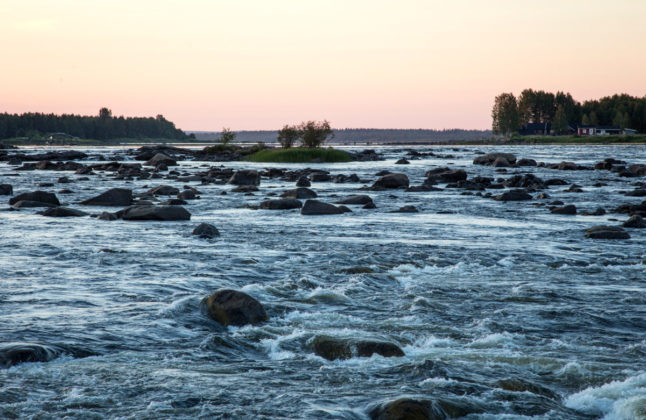The 132-member strong Council met on Saturday in Bern to discuss the unfair treatment of Swiss expatriates meted out by Swiss banks, newspaper Tribune de Genève reported.
“Those who live in the US are currently denied service at a number of Swiss banks. They cannot open any accounts. Sometimes they even have to close them,” former National Councillor and President of the Council of the Swiss Abroad, Jacques-Simon Eggly, told the newspaper.
But it is not only US residents that are feeling the strain. Swiss expatriates in other countries are being required to deposit a minimum of between 50,000 and 100,000 francs ($56,000 – $110,000), and are subject to management fees that are higher than those available for Swiss residents.
“This is clear discrimination,” Eggly said.
The Council is calling on banks to maintain “reasonable terms” for its non-resident Swiss clients, and to ensure that those living outside Switzerland’s borders receive the same treatment as if they were living at home.
Following an international crackdown on tax evaders spearheaded by the US, Swiss banks have been pursuing increasingly conservative policies as to which accounts to accept.
“We must remember that the majority of Swiss people who suffer these decisions are not fraudsters at all; they are people who declare their income,” Eggly said.


 Please whitelist us to continue reading.
Please whitelist us to continue reading.
Member comments